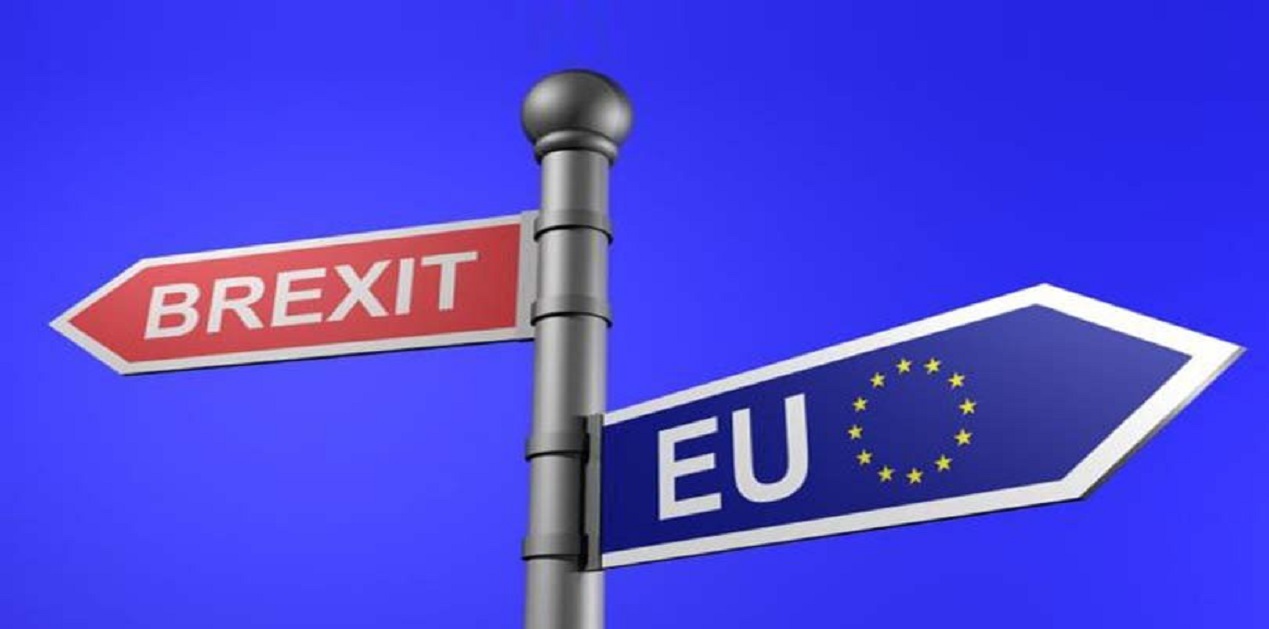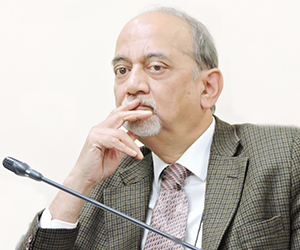Mrs. May’s resignation on 24th May coincided with the European Parliament elections. The resignation was directly linked to Britain’s European Union (EU) policy, and her failure to get approval of British Parliament for the Brexit deal she had negotiated. The timing was awkward, but could not be avoided as Brexit deal kept slipping while the European Parliament elections, already scheduled, could not be postponed. However, British hesitation in leaving without a deal points to the strength of EU. Membership of the Union impinges on every facet of national life. As Mrs. May said in her resignation speech, ‘the referendum was not just a call to leave the EU, but for profound change in our country.’
Mrs May’s resignation does not alter the dynamics of Brexit process. Her successor will have to contend with a Parliament where the majority has rejected three times the Brexit deal agreed with EU. Leaving without an agreement is not acceptable to the House. The EU leaders are not willing to re-negotiate the deal, though they have extended the dead-line. They will be even less willing to do so now. The election results have shown that the ruling party does not reflect popular mood, and there is no clear view of what Britain wants. Conservative party finished 5th in terms of vote share in the European Parliament elections, while the opposition Labour party ended up 3rd. The largest share of votes (31%) were secured by Farage’s Brexit party, which wants a hardline Brexit. Their resounding success would also make the Labour Party hesitant to ask for second referendum or fresh election. Thus the stalemate is going to persist even beyond the extended dead-line of October 30th for Brexit.
Mrs May made two important changes in her policy in a last ditch effort to save the Brexit deal and her government. She agreed that ‘no deal’ Brexit is not acceptable. This was at variance with her earlier hard-line stance that Britain will leave EU on schedule with or without a deal. She also reached out to the opposition Labour benches to build a voting coalition. The Conservative Party core saw this as an attempt to dilute their position. In any case, the change came too late to form consensus after part positions had hardened.
European Parliament elections evoked greater interest in the background of debate over Brexit. The voter turn-out of 51 percent across 28 member states was highest ever in 25 years. This was much higher than corresponding figure of 43 percent in 2014. President Tusk, who holds rotating Presidency of the Union, cited this as a sign that the idea of Union remains strong. The rise of Farage’s anti-Brexit party delivered a different message in UK.
The centrist political groups in the European Parliament saw their combined share of seats falling from 54 percent in the outgoing Parliament to 43 percent now. These groups - European People’s Party (EPP) and Progressive Alliance of Socialist & Democrats (S&D) - have led the European Parliament for more than four decades. The share of Euro-sceptic nationalists went up to 170 seats. The Greens, a pro-EU group, have secured 69 seats increasing their strength by 1/3rd as compared to last elections. These groups are not EU-wide political parties, but coalition of national parties which have come together on a common ideological platform. Their structure reflects the fact that EU is not a Federation, but Union of independent States conscious of their national identities.
The outcome of European party elections is being seen as a reflection on the performance of leaders in France and Germany. In France, Marine Le Pen’s party secured more votes than Macron’s party. In Germany, the European Parliament elections came at a time of transition in leadership of Christian Democratic Union. There is speculation that fall in Christian Democrat’s share of seats may affect chances of Mrs. Merkel’s chosen successor Ms. Kramp-Karrenbauer to head the party. It has also weakened Mrs Merkel’s position in pushing the case of Weber, her party’s candidate for the post of Commission President. The battle has already been joined with President Macron opposing the German candidature.
In UK, Farage’s Brexit party secured 31 percent of votes, followed by the anti-Brexit Liberal Democrats with 20 percent of votes. The main opposition Labour Party finished third with less than 15 percent of votes. The pro-EU Greens received 12 percent of votes. The ruling Conservative Party ended up fifth with less than 10 percent of the votes. Though the outcome of European Parliament elections does not have an immediate bearing on the choices to be made by the British Parliament, it will reinforce the hard Brexit sentiment. It will constrain those Conservative members, who have so far resisted no deal option. This will also discourage Labour leadership from following the idea of second referendum, which they have occasionally flirted with.
EU and Britain will remain important for India. They would however, be preoccupied with their internal issues for some time. In case UK choses Brexit, this will weaken the group within EU favoring free trade. We already have strong relations with West Euroepan groups. There is need for more engagement with eastern countries, particularly members of Vysehrad group (Czech, Poland, Hungary and Slovakia).
(The author is a former diplomat who has served in Brussels and is currently Senior Fellow at the VIF)
Image Source: https://fashionunited.uk/news/business/no-deal-brexit-could-spell-disaster-for-british-fashion-industry/2019011641039










Post new comment